Trauma Theories: Refractions in the Book of Jeremiah
Published: Oct 2024
£75.00
A first of its kind, this monograph examines five common trauma theories used within biblical studies, setting out the assumptions and implications of each and using passages from the book of Jeremiah to demonstrate interpretive possibilities. Trauma Theories highlights the interdisciplinary character of trauma hermeneutics and demonstrates the distinctive contribution each approach offers for biblical interpreters.
In her exploration of trauma theories, Elizabeth Boase treats each school of thought separately, tracing its disciplinary roots and its underlying convictions about language and memory. At the same time, she argues for the importance of understanding the way each theory accounts for the place of texts in a communal setting, suggesting that it is the communal impact of trauma that is key to reading biblical texts.
Boase uses passages from the Book of Jeremiah as case studies, showcasing how different theories offer diverse ways of understanding the impact of suffering experienced during the time of the Babylonian incursion on Judah and Jerusalem in the sixth century BCE.
This volume will be an invaluable resource for newcomers to the field of biblical trauma hermeneutics and for those more familiar with these approaches.
Trauma Theories: Refractions in the Book of Jeremiah
£75.00
A first of its kind, this monograph examines five common trauma theories used within biblical studies, setting out the assumptions and implications of each and using passages from the book of Jeremiah to demonstrate interpretive possibilities. Trauma Theories highlights the interdisciplinary character of trauma hermeneutics and demonstrates the distinctive contribution each approach offers for biblical interpreters.
In her exploration of trauma theories, Elizabeth Boase treats each school of thought separately, tracing its disciplinary roots and its underlying convictions about language and memory. At the same time, she argues for the importance of understanding the way each theory accounts for the place of texts in a communal setting, suggesting that it is the communal impact of trauma that is key to reading biblical texts.
Boase uses passages from the Book of Jeremiah as case studies, showcasing how different theories offer diverse ways of understanding the impact of suffering experienced during the time of the Babylonian incursion on Judah and Jerusalem in the sixth century BCE.
This volume will be an invaluable resource for newcomers to the field of biblical trauma hermeneutics and for those more familiar with these approaches.
Effective Stories: Genesis Through the Lens of Resilience
Published: July 2023
£70.00
This book is the first monograph-length reading of a biblical book through the lens of resilience. Megan Warner first defines the lens and outlines its boundaries, before training it upon Genesis—to draw new, and often surprising, meaning out of a much-mined text. This innovative reading responds to the need for sustained readings of biblical text, not just in the spheres of resilience and vulnerability, but also in the closely connected interpretative field of trauma.
Warner demonstrates that the authors and editors of Genesis wrote and presented ‘effective stories’—i.e. stories designed to effect change. The devastation of the destruction of Jerusalem, the exile and dispiriting return are nowhere explicitly addressed in Genesis. It relates the history of much earlier events. Nevertheless, this reading exposes intimate engagement with these seminal disasters and the formulation of responses to them. Genesis reaches back into ancient history for the purpose of preparing a new and resilient road into an uncertain future.
Amongst the contributions of this volume are:
a presentation of Genesis’ two creation stories as concerted and complementary responses to the Babylonian crisis;
the identification of an extensive book-wide project, focused on Abraham, to present a history of a united (albeit Judah-centred) Israel designed to challenge the Mosaic Yahwisms of the pre-exilic and exilic periods;
exploration of patterns of use and recruitment of female characters for political means; and
a sustained reading of the resilience of a single character, Joseph.
Warner’s critical approach exposes limitations of the use of resilience as lens, but ultimately demonstrates its potential to go beyond trauma-centred approaches, to recognise innovative, practical and above all, effective, strategies for the construction of viable futures.
Effective Stories: Genesis Through the Lens of Resilience
£70.00
This book is the first monograph-length reading of a biblical book through the lens of resilience. Megan Warner first defines the lens and outlines its boundaries, before training it upon Genesis—to draw new, and often surprising, meaning out of a much-mined text. This innovative reading responds to the need for sustained readings of biblical text, not just in the spheres of resilience and vulnerability, but also in the closely connected interpretative field of trauma.
Warner demonstrates that the authors and editors of Genesis wrote and presented ‘effective stories’—i.e. stories designed to effect change. The devastation of the destruction of Jerusalem, the exile and dispiriting return are nowhere explicitly addressed in Genesis. It relates the history of much earlier events. Nevertheless, this reading exposes intimate engagement with these seminal disasters and the formulation of responses to them. Genesis reaches back into ancient history for the purpose of preparing a new and resilient road into an uncertain future.
Amongst the contributions of this volume are:
a presentation of Genesis’ two creation stories as concerted and complementary responses to the Babylonian crisis;
the identification of an extensive book-wide project, focused on Abraham, to present a history of a united (albeit Judah-centred) Israel designed to challenge the Mosaic Yahwisms of the pre-exilic and exilic periods;
exploration of patterns of use and recruitment of female characters for political means; and
a sustained reading of the resilience of a single character, Joseph.
Warner’s critical approach exposes limitations of the use of resilience as lens, but ultimately demonstrates its potential to go beyond trauma-centred approaches, to recognise innovative, practical and above all, effective, strategies for the construction of viable futures.
Writing and Reading to Survive: Biblical and Contemporary Trauma Narratives in Conversation
Published: July 2020
£50.00
Writing and Reading to Survive brings a number of trauma narratives from the Hebrew Bible into conversation with contemporary trauma narratives, exploring how these ancient and modern-day stories mitigate the experiences of pain and suffering in the face of trauma.
Focusing on the intersection between trauma and gender, the trauma narratives here include biblical narratives emerging from the cataclysmic events that all but destroyed the people of Judah at the time of the sixth-century bce invasion and exile. They also include examples of 'hidden' or 'common' or 'more mundane quiet' traumas that are reflective of women's experience. In both biblical as well as contemporary trauma narratives, one sees evidence of insidious trauma associated with the systemic violence of a deeply patriarchal society; the secret trauma of reproductive loss that connects with many women's lives both then and now; the ever-present reality of gender-based violence.
To read contemporary trauma narratives alongside biblical trauma narratives can have the effect of expanding readers' vision, perhaps introducing them to texts that yield fresh insights into often painful topics associated with women's experience of trauma. Continuing the conversation on the importance of trauma hermeneutics for reading biblical literature, the trauma narratives represented in this monograph serve as a safe haven for those, in past and present contexts, who are reeling from the effects of severe trauma, to voice the unspeakable, and to move towards healing and recovery by writing and reading to survive.
Writing and Reading to Survive is the first volume in a new series from Sheffield Phoenix Press, the Trauma Bible.
Writing and Reading to Survive: Biblical and Contemporary Trauma Narratives in Conversation
£50.00
Writing and Reading to Survive brings a number of trauma narratives from the Hebrew Bible into conversation with contemporary trauma narratives, exploring how these ancient and modern-day stories mitigate the experiences of pain and suffering in the face of trauma.
Focusing on the intersection between trauma and gender, the trauma narratives here include biblical narratives emerging from the cataclysmic events that all but destroyed the people of Judah at the time of the sixth-century bce invasion and exile. They also include examples of 'hidden' or 'common' or 'more mundane quiet' traumas that are reflective of women's experience. In both biblical as well as contemporary trauma narratives, one sees evidence of insidious trauma associated with the systemic violence of a deeply patriarchal society; the secret trauma of reproductive loss that connects with many women's lives both then and now; the ever-present reality of gender-based violence.
To read contemporary trauma narratives alongside biblical trauma narratives can have the effect of expanding readers' vision, perhaps introducing them to texts that yield fresh insights into often painful topics associated with women's experience of trauma. Continuing the conversation on the importance of trauma hermeneutics for reading biblical literature, the trauma narratives represented in this monograph serve as a safe haven for those, in past and present contexts, who are reeling from the effects of severe trauma, to voice the unspeakable, and to move towards healing and recovery by writing and reading to survive.
Writing and Reading to Survive is the first volume in a new series from Sheffield Phoenix Press, the Trauma Bible.
The Book of Job in Post-Holocaust Thought
Published: Aug 2012
£40.00
The story of Job's suffering has often been appealed to by those responding to the Holocaust. This book explores a rich variety of such receptions of the Book of Job, highlighting the need to appreciate the tensions present in both the biblical text of Job and in perceptions of the Holocaust's meaning. Attention is given to the often creative modes of reading used by those appealing to Job, and the presence of complex interactions between theology, textual interpretation, and historical analysis. Receptions of Job examined include those presented by key post-Holocaust thinkers such as Emil Fackenheim, Elie Wiesel and Richard Rubenstein.
Bringing together elements of biblical studies and Holocaust studies, David Tollerton shows that Job has been harnessed for an array of purposes, from asserting the continuity of Jewish faith amid the traumas of twentieth-century history, to resisting the idea that there can be any decisive religious 'answer' to the Holocaust. Despite the diversity of ways in which Job has been cited, it is shown that such reception is nonetheless controversial, doubts being repeatedly raised whether Job is appropriate to the Holocaust context. While ultimately proposing that Job does indeed have a valuable role to play, The Book of Job in Post-Holocaust Thought argues that in some cases such doubts are in order, and that some receptions should be queried on textual, historical or ethical grounds.
This book will be of interest to readers concerned with the modern reception of wisdom literature, theological responses to the Holocaust, or simply the manner in which the Bible has been used by communities attempting to make sense of modernity's darkest aspects.
The Book of Job in Post-Holocaust Thought
£40.00
The story of Job's suffering has often been appealed to by those responding to the Holocaust. This book explores a rich variety of such receptions of the Book of Job, highlighting the need to appreciate the tensions present in both the biblical text of Job and in perceptions of the Holocaust's meaning. Attention is given to the often creative modes of reading used by those appealing to Job, and the presence of complex interactions between theology, textual interpretation, and historical analysis. Receptions of Job examined include those presented by key post-Holocaust thinkers such as Emil Fackenheim, Elie Wiesel and Richard Rubenstein.
Bringing together elements of biblical studies and Holocaust studies, David Tollerton shows that Job has been harnessed for an array of purposes, from asserting the continuity of Jewish faith amid the traumas of twentieth-century history, to resisting the idea that there can be any decisive religious 'answer' to the Holocaust. Despite the diversity of ways in which Job has been cited, it is shown that such reception is nonetheless controversial, doubts being repeatedly raised whether Job is appropriate to the Holocaust context. While ultimately proposing that Job does indeed have a valuable role to play, The Book of Job in Post-Holocaust Thought argues that in some cases such doubts are in order, and that some receptions should be queried on textual, historical or ethical grounds.
This book will be of interest to readers concerned with the modern reception of wisdom literature, theological responses to the Holocaust, or simply the manner in which the Bible has been used by communities attempting to make sense of modernity's darkest aspects.
Korean Feminists in Conversation with the Bible, Church and Society
Published: Sep 2011
£50.00
This book offers scholars and students outside Korea some insight into what forms feminist biblical interpretation takes in Korea and what approaches Korean feminists adopt for dealing with the Bible in their writing and their professional lives.
The contributors to this book represent a wide spectrum of the Korean feminist Christian movement. They include university and seminary teachers, ministers, and field workers. This book is a product of their numerous meetings and discussions on the practical issues that define contemporary Korean women's lives. In it, the contributors reflect on the diverse situations modern Korean women have faced and continue to struggle with, among them, the traditional religious culture based on Confucianism, economic globalization, postcolonialism, the problems of migrant women labourers, and the trauma of being forced into sexual slavery for Japanese soldiers during World War II. They view these situations in the light of the lives and experiences of women in the Old and New Testaments, and they look to the Bible for resources for dealing with them.
This is socially engaged biblical interpretation. It goes beyond the academic study of the Bible to a wider engagement with the church and with Korean society.
The volume is published in cooperation with Ewha Institute for Women's Theological Studies.
Korean Feminists in Conversation with the Bible, Church and Society
£50.00
This book offers scholars and students outside Korea some insight into what forms feminist biblical interpretation takes in Korea and what approaches Korean feminists adopt for dealing with the Bible in their writing and their professional lives.
The contributors to this book represent a wide spectrum of the Korean feminist Christian movement. They include university and seminary teachers, ministers, and field workers. This book is a product of their numerous meetings and discussions on the practical issues that define contemporary Korean women's lives. In it, the contributors reflect on the diverse situations modern Korean women have faced and continue to struggle with, among them, the traditional religious culture based on Confucianism, economic globalization, postcolonialism, the problems of migrant women labourers, and the trauma of being forced into sexual slavery for Japanese soldiers during World War II. They view these situations in the light of the lives and experiences of women in the Old and New Testaments, and they look to the Bible for resources for dealing with them.
This is socially engaged biblical interpretation. It goes beyond the academic study of the Bible to a wider engagement with the church and with Korean society.
The volume is published in cooperation with Ewha Institute for Women's Theological Studies.

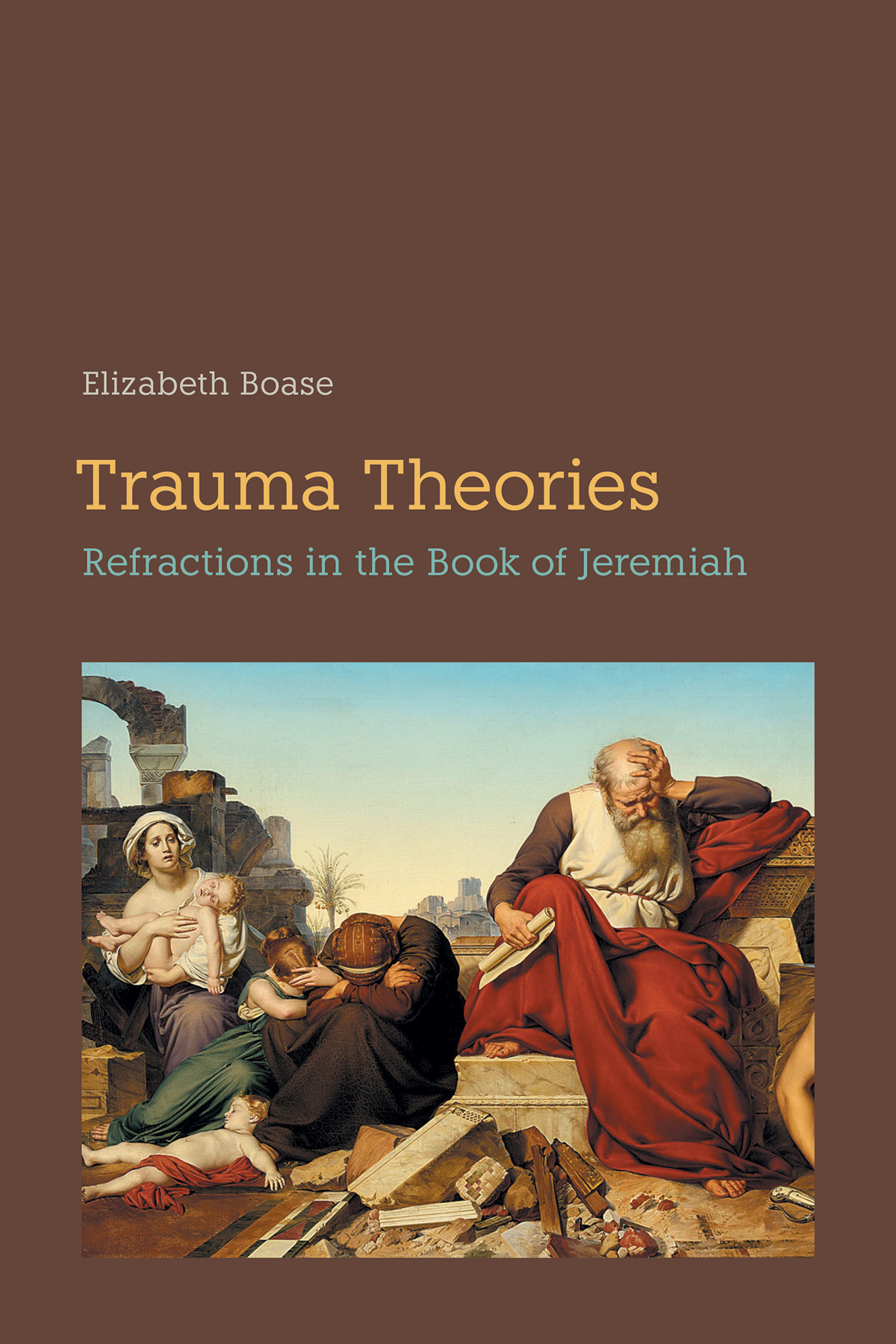
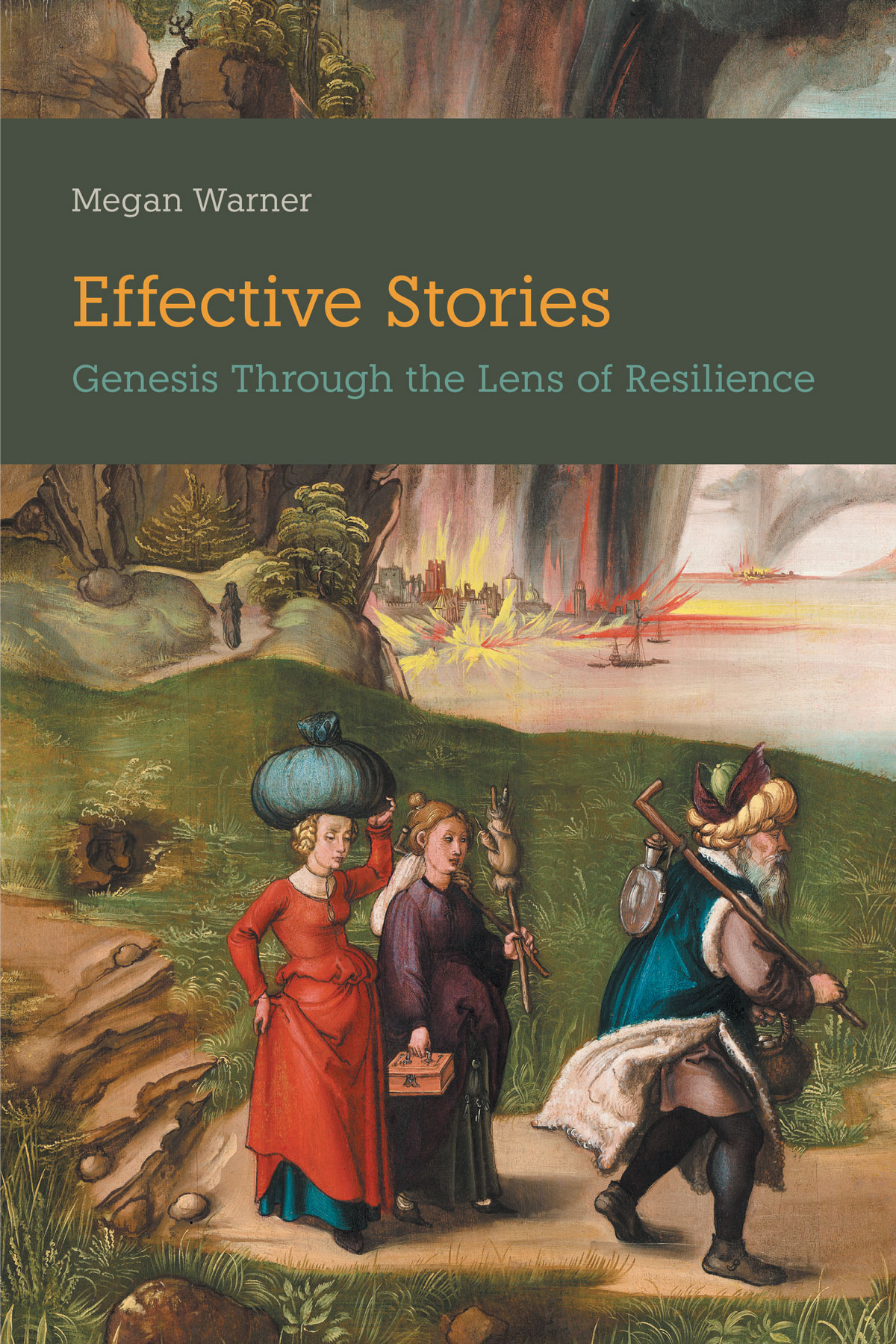
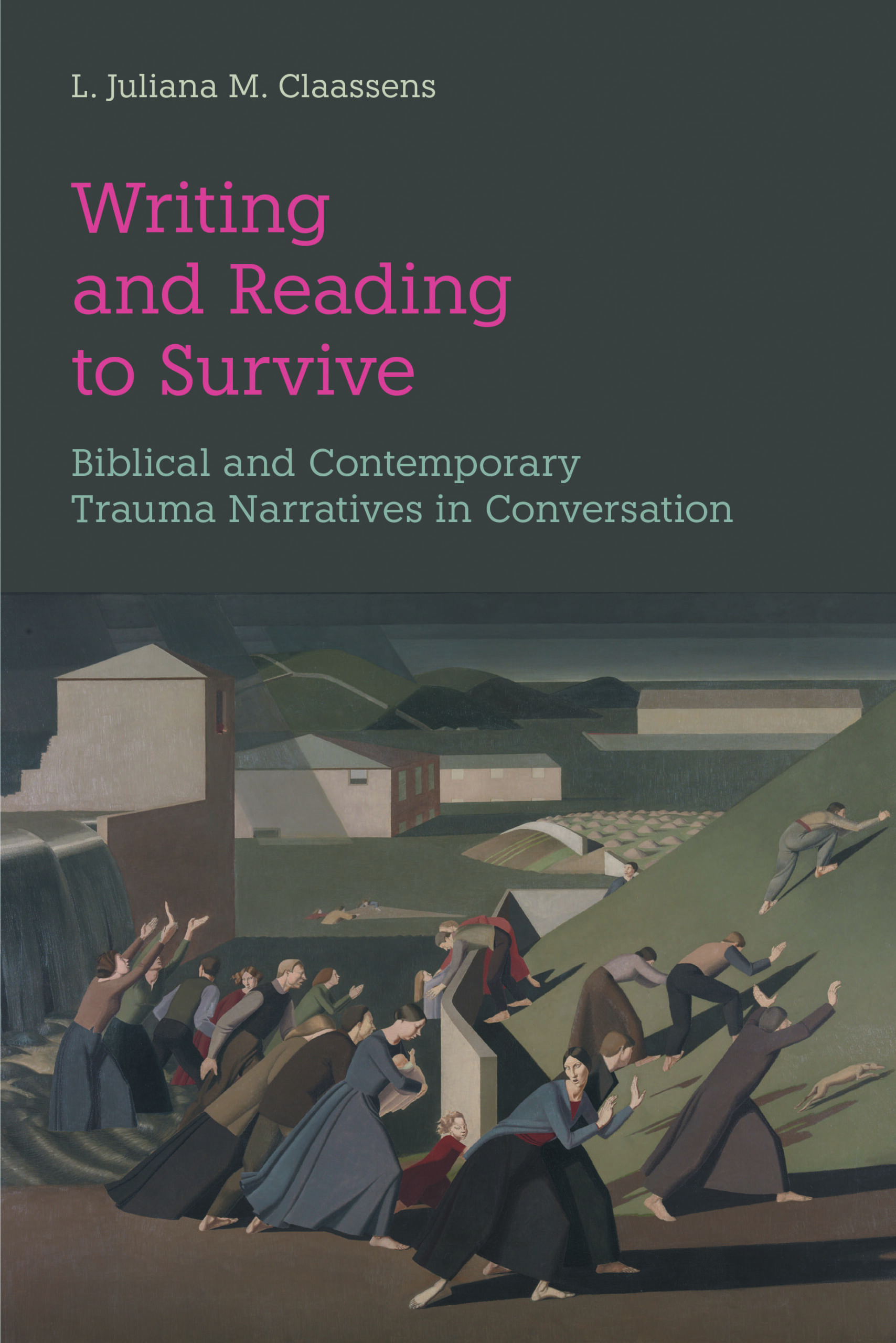
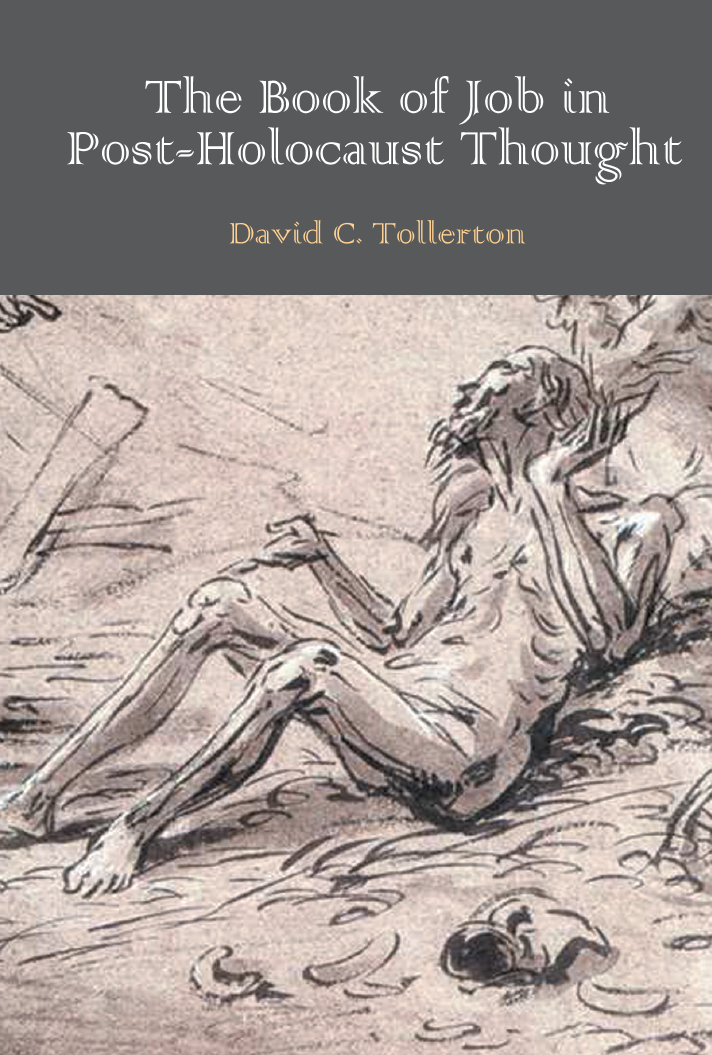
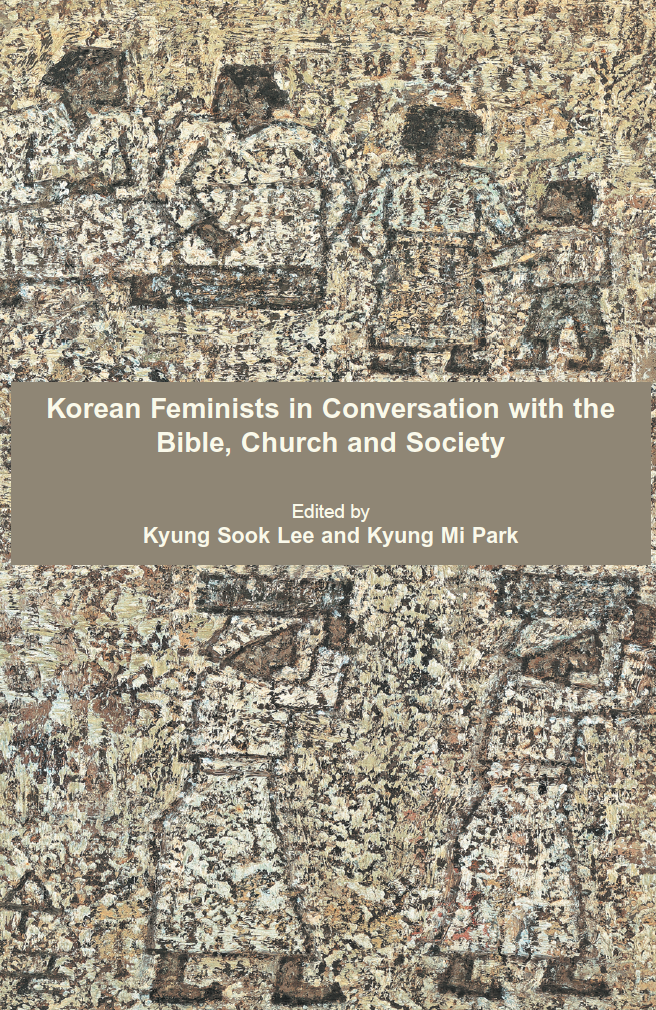
Nahum: A Trauma for a Trauma
Nahum: A Trauma for a Trauma